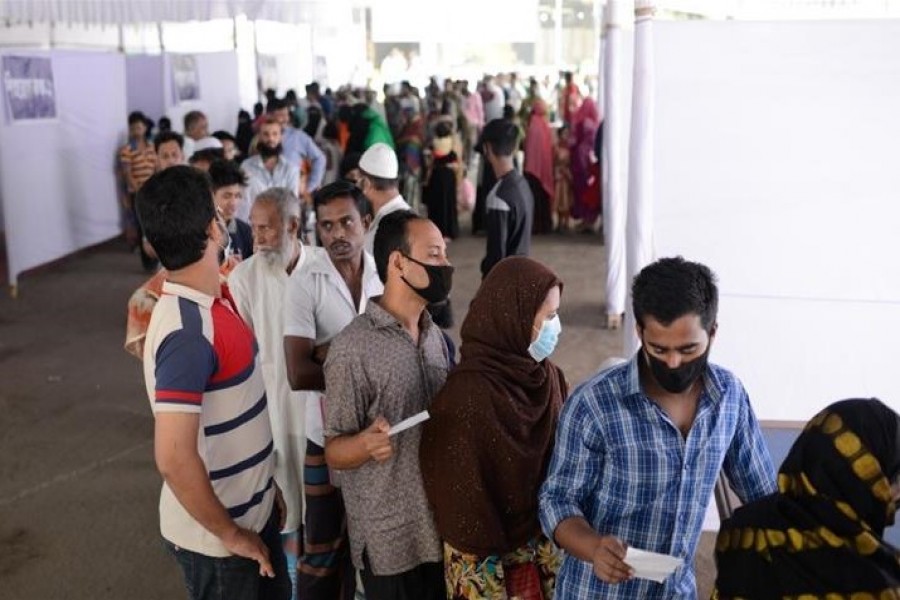The spread of deadly coronavirus has compelled the peoples across the world to think differently about their future. From state leaders, professionals and social thinkers to ordinary people --all have also realised that they need to change many things gradually to adapt with post-Covid world. Experts and thinkers have also started to outline possible changes based on the principal assumption that great crisis drives people to change their lifestyles. Though right now it is difficult to predict the patterns of possible changes appropriately, a general consensus is that most of the changes will be positive and constructive for human beings as well as the world.
In Bangladesh, some positive changes in society are not quite unlikely. Nevertheless, the changes will depend on a number of conditions and factors. Primarily it is the lessons learned and adopted during the fight against the pandemic. Then comes the collective willingness of society for gradual changes. It is a painful process and takes time. Any change creates winners and losers. Winners generally welcome the change while losers resist it. The extent of gain and lose is also not possible to measure accurately most of the time especially when the outcome is subject to long-term settlement. Thus it is easy to say, but difficult to work for the changes in society.
Society's response to deal with the pandemic is a good indicator of how people are ready to go with necessary and possible changes. In Bangladesh, the response to the pandemic is unplanned, discriminatory and flawed to a large extent. Though it is not possible to make a flawless response to such an unprecedented crisis, it is possible to overcome the shortcomings gradually. Lack of coordination coupled with business-as-usual attitude during the period makes the responses less effective and discriminatory.
Failure to sensitise people adequately about basic hygiene and physical distancing reflect the limitation of the response. Frequent change in restrictions on people's movement creates confusion. Arrival in cities and industrial belts and return home for millions of readymade garment workers due to indiscretion of factory owners and movement of private cars away from Dhaka during the Eid have compounded together to make the situation worse. All these also reflect that the country is yet to learn adequately from the ongoing crisis. When measures taken by policymakers indicate their indifference to implement those, it also makes the people disappointed.
Instead of extending cooperation to each other, a large section of people in the country has shown its insensitivity to corona patients and caregivers. In many cases staying home makes people more selfish and self-centred. Job losses and lack of necessary food cause millions of people's future uncertain. For them, survival is the prime objective, not a change in lifestyles as prescribed by experts.
Irregularities, indiscipline and insensitivity have been nurtured in this country for long. Those who come to call and work for correcting the wrongs get marginalised due to indifferent attitude of those whose support is most essential. Thus, the required changes in society in the near future are unlikely.


